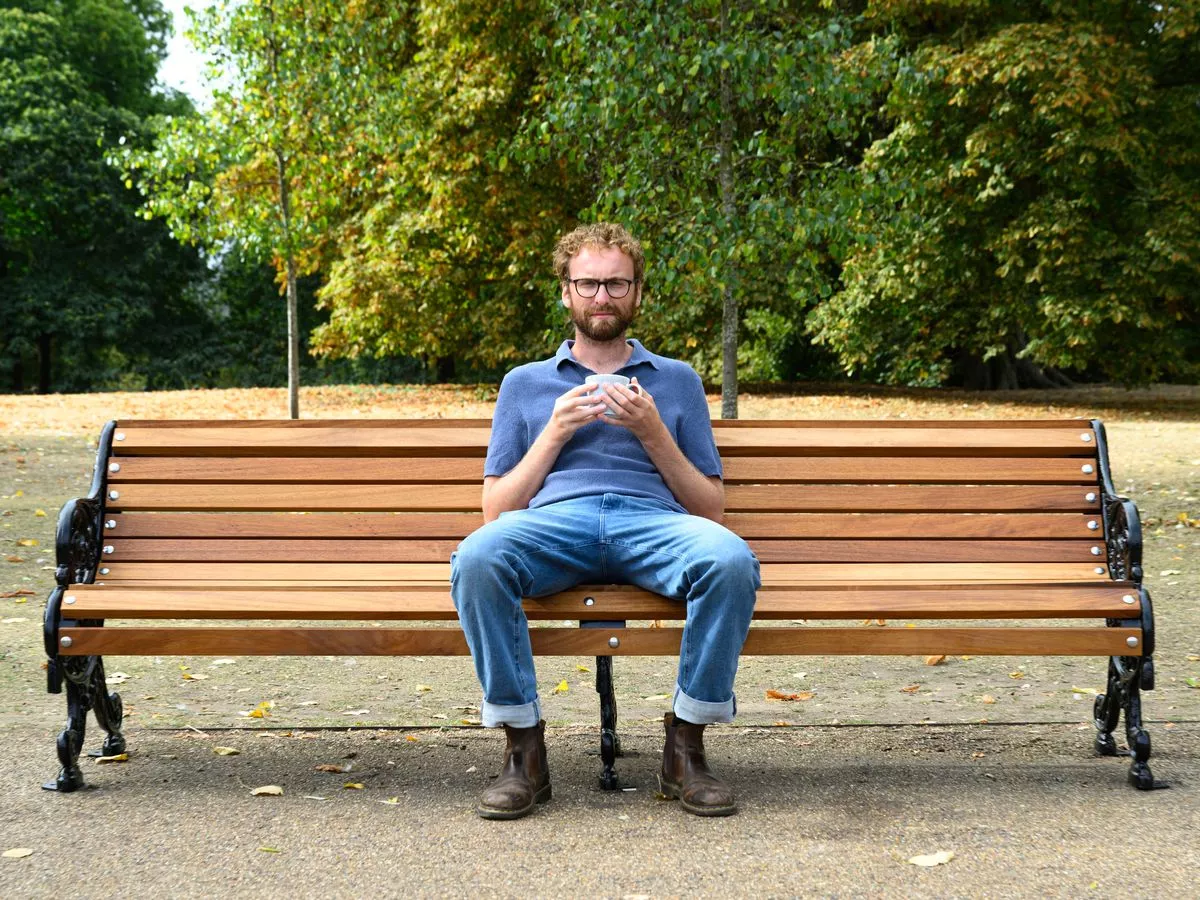By Paul Andrews
Copyright dailystar

Gen Z suffers from loneliness more frequently than any other generation, new research has revealed. A survey of 2,000 adults discovered that 37 per cent of Gen Z regularly experience loneliness , in stark contrast to just 15 per cent of Gen X and 11 per cent of Baby Boomers. A third of respondents feel they don’t get enough regular human interaction. The study revealed that on average, participants spend an five-and-a-half hours daily staring at screens with many reckoning they communicate with people more through digital means than they do face-to-face. This could explain why have gone several days without having a conversation with another person. Over four in 10 report feeling more isolated than they were five years ago, whilst 78 per cent consider it an escalating problem across society. Shockingly, one in five adults acknowledge they wouldn’t have a clue how to strike up a chat with someone they don’t know. The study was funded by McVitie’s, which has joined forces with mental health organisation Mind and viral documentary creator A Mug of Life to highlight Britain’s battle with loneliness and motivate people to start chatting once more. Will Shears, a content producer who has gained recognition on Instagram and TikTok for his touching and honest conversations with strangers on park benches, commented: “In a digital world where we’re able to spend time in front of our screens to connect with others, it’s important to remember we can have meaningful connections away from technology too.” “Making strangers cups of tea across the UK has highlighted to me the power that having a chat can have on your mental health,” he added. “A cup of tea, a biscuit and a lovely chat can have such an overwhelmingly positive impact on you and a stranger’s day.” Andrew Berrie, from Mind, added: “In a world that has seen so many challenges, including a pandemic, political instability, war and unrest, and an ongoing cost-of-living crisis, it is perhaps no surprise that many of us are feeling lonelier now, compared to five years ago.” “Although loneliness isn’t in itself a mental health problem having a mental health problem can increase feelings of loneliness,” Andrew added. “Some research suggests that loneliness can increase stress and is associated with an increased risk of certain mental health problems like depression and anxiety. “We know talking isn’t the whole solution, but it can help us feel less alone, more able to cope and encouraged to seek support if we need to. “We’re partnering with McVitie’s to encourage people to connect over a cuppa and a biscuit, and to have those conversations with family, friends, colleagues and neighbours.” Sarah Webster, mental health ambassador at McVitie’s, said: “Whether it’s asking about someone’s day over a cup of tea and a biscuit, going for a walk with an old friend, or opening the biscuit tin during a work break to find out how your colleague is, these day-to-day activities are gateways to conversation. “We want to see people put the kettle on, enjoy some biscuits and have a good old chat.”



